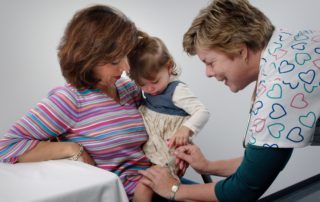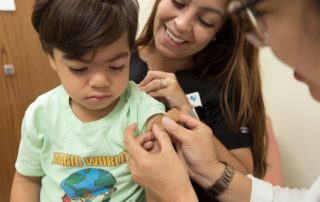
About Jessica Milli
Jessica Milli is a Study Director at IWPR and Scholar in Residence at American University. She oversees IWPR’s work on paid sick days, providing technical assistance to dozens of communities across the country exploring paid sick days policies. In addition, Jessica leads IWPR research projects on breastfeeding and women in patenting.
Jessica has presented her work at events around the country and has testified before state and local legislative bodies on IWPR’s research. She has been interviewed in Bloomberg, The Atlantic, Fast Company, Marketplace, The Nation, TIME, ABC News, Fortune, and other national and regional outlets. Prior to joining IWPR, Jessica taught economics courses ranging from principles of microeconomics and economic statistics, to game theory and labor economics at several institutions including UW-Milwaukee, UW-Whitewater, and Randolph College.
Jessica received her Ph.D. in Economics from the University of Wisconsin-Milwaukee. During her studies, she applied her focus of Labor Economics to relationships within households and what economic factors put women at more risk of experiencing domestic violence. Her dissertation analyzed the complex relationship between domestic violence and various measures of women’s socioeconomic status, such as welfare receipt and employment.









